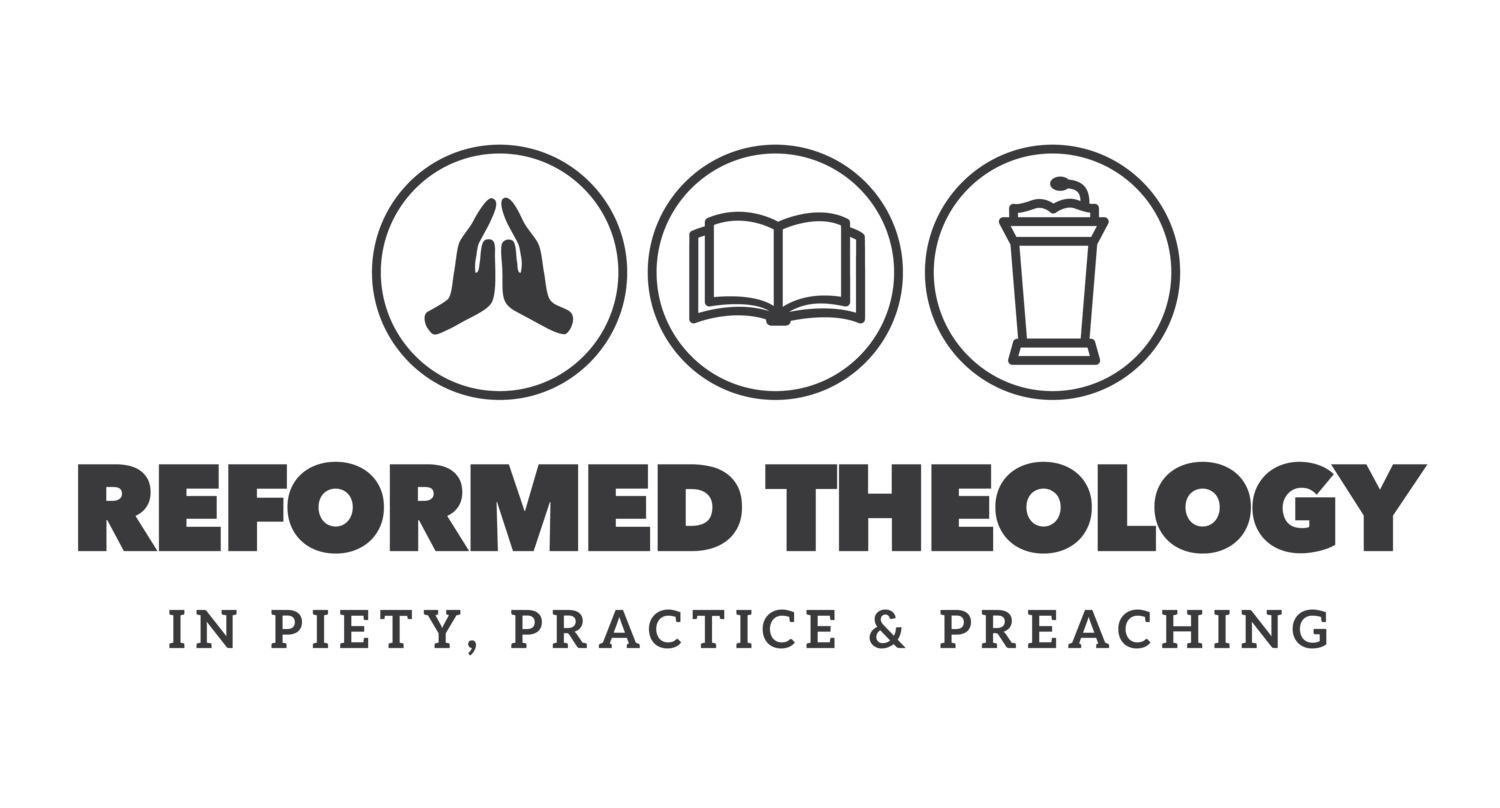One of the most difficult circumstances a pastor will face is offering counsel in the wake of a death in the church. Death often comes upon a church with little to no warning. I can remember sitting in my study one Tuesday morning as I was engrossed in my sermon preparation when the phone rang. I picked up the receiver and could barely discern the words on the other end of the line through the tears and sobbing, “My sister committed suicide . . .” I immediately recognized who it was and told them, “I will be right over.” I got cleaned up as quickly as I could, jumped in the car, and took off for this person’s house. As soon as I arrived, I was greeted at the door by a congregant who was obviously in emotional shock. As my mind raced through the various things that I could say, I eventually settled on silence.
As counterintuitive as it might seem, sometimes a silent presence is the most effective thing you can do as a pastor. Someone once described losing a loved one to an unnatural death like having a limb severed without the benefit of anesthesia. Death rips the person away without the benefit of time or preparation. When you encounter people who have lost friends or family to a violent death, they might not be in a state of mind to hear much of anything. They are simply at a place where they are incapable of hearing because the pain is too great.
In such circumstances, it is sometimes best to put your arm around the person and let them weep. I have on numerous occasions encouraged people to weep—not to hold back their tears. Your immediate impulse might be to start quoting Scripture or trying to patch up the situation by quoting Romans 8:28, “And we know that for those who love God all things work together for good. . .” As important as Scripture is and will be in a person’s recovery, they might simply be unable to hear you. And the question that you have to ask yourself is, Are you quoting the Scripture for their sake or yours? What do I mean?
In the face of death there is absolutely nothing that we can humanly do for the people affected by it. In the face of death, I have felt like a fish out of water—nothing I say or do will bring the loved one back, nothing I say or do will take away the pain a person suffers when their loved one suddenly dies. Like a blow to the stomach that knocks the wind out of you, there is nothing you can do—you will be breathless for a moment or two until the air returns to your lungs. In other words, as cliché as it sounds, time needs to pass before a person is ready to listen to others in the wake of a tragedy. Once you know that a person can hear you, when the initial shock has subsided, then you have an opportunity to quote and point the person to Scripture.
So, when tragedy strikes, be observant and determine whether the person you’re trying to help can hear you. Sometimes, the most effective thing you can do is hold them and, as Scripture says, “Weep with those who weep” (Rom. 12:15).
